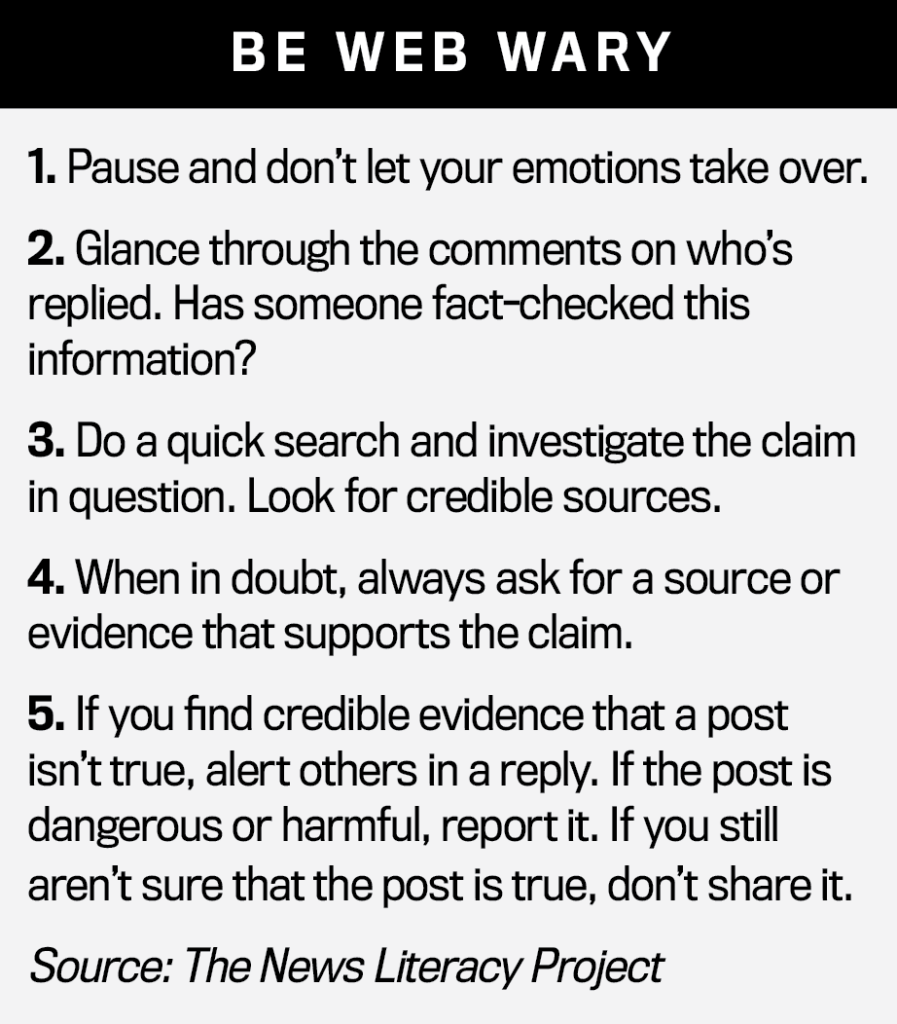SMU Professor Eyes EU Laws, Elon Musk, and Misinformation
Online misinformation affects everyone.
Lawmakers and academics such as SMU’s Jared Schroeder have been pondering the problem since well before Elon Musk’s acquisition of Twitter on Oct. 28, 2022, renewed alarms.
“We can list all the problems that people have with the internet, but we must remember two constants,” Schroeder wrote in a Slate article. “First, the internet is the most powerful communication technology ever created. Second, there’s no going back. Online communication is here to stay.”
Whether Twitter is here for the long haul remains to be seen as users worry over all the constant changes and drama, blue checkmark charges, and conspiracy theorists returning to the site.
Advertisers, as reported by Reuters, are abandoning the platform over increasingly prevalent “not safe for work” content.

However, Schroeder, an associate professor of journalism who specializes in social media, fake news, and online communities, predicted Musk’s purchase might not be 2022’s most impactful change for online speech.
People Newspapers was unable to secure an interview with the SMU scholar before deadline, but he wrote plenty about our virtual spaces in 2022.
The Hill in late April published “A new EU law will influence US free speech more than Elon Musk” by Schroeder after Musk announced plans to buy Twitter for $44 billion.
The researcher returned to that topic for Slate in a piece published on Oct. 27, one day before Musk closed the Twitter purchase.
“The law, among other requirements, places substantial content moderation expectations on large social media firms — many based in the U.S. — which include limiting false information, hate speech, and extremism,” Schroeder said.
While the First Amendment blocks the U.S. government from censoring online speech, the threat of European fines could motivate Meta, Twitter, and others to closely moderate content, he said.
What should Twitter users do in the meantime? The News Literacy Project encourages users to educate each other on how misinformation spreads and commit to making online spaces safer.









